Warning: understanding your mind and its shortcuts may significantly alter how you think

Thinking, fast and slow by Daniel Kahneman is an evidence-based book about how humans make decisions. It is probably the book that I have refer to most frequently since reading it. It has impacted how I understand myself, other people, and the world.
The main message is that humans are pretty terrible at making decisions because we usually make the least effortful choice. This process is hard-wired into our psychology so is extremely difficult to overcome.
Key points:
- We think & make decisions either using the fast ‘system 1’ or slower ‘system 2’
- System 1 is full of subconscious biases and make automatic assessments/assumptions
- System 2 is more effortful and controls system 1, though is limited
- System 2 becomes depleted so we generally avoid using it, where possible
- It takes more conscious effort to engage system 2
- Humans make lots of non-rational decisions, for example:
- We assign more value to things once we have/own them (compared to how we value them before we own them)
- We predict outcomes will be better than they are going to be
- We are bad at estimating, particularly for ‘area under the curve’ analyses (e.g. total pain) – they often biassed towards maximum or end effects
- We overestimate the likelihood of rare events
- There are two ‘selves’: the experiencing self and the remembering self
- The remembering self self determines many of our choices, even if it means we are less happy in that moment, we choose to do it so that we have better memories
- Similarly, we are bad at remembering a long duration of contentment compared to extreme highs/lows (which are more easily recalled)
- The end of an experience can tanit the entire thing (e.g. 2 bad years at the end of a life)
- So, consider whether your choices are make for the remembering self or the experiencing self
The book itself can feel a little heavy at times and there are many more detailed summaries out there. The concepts from this book seem to percolate through multiple fields. Whilst I have been generally reluctant to recommend any individual book, I think that if you find decision making and human psychology interesting, then this is an excellent starting point. (Or read Decisive by Chip and Dan Heath for a lighter version.)
More books like this:
- Decisive by Chip and Dan Heath
- Black swan by Nassim Nicholas Taleb
- Nudge by Richard Thaler
Useful links:
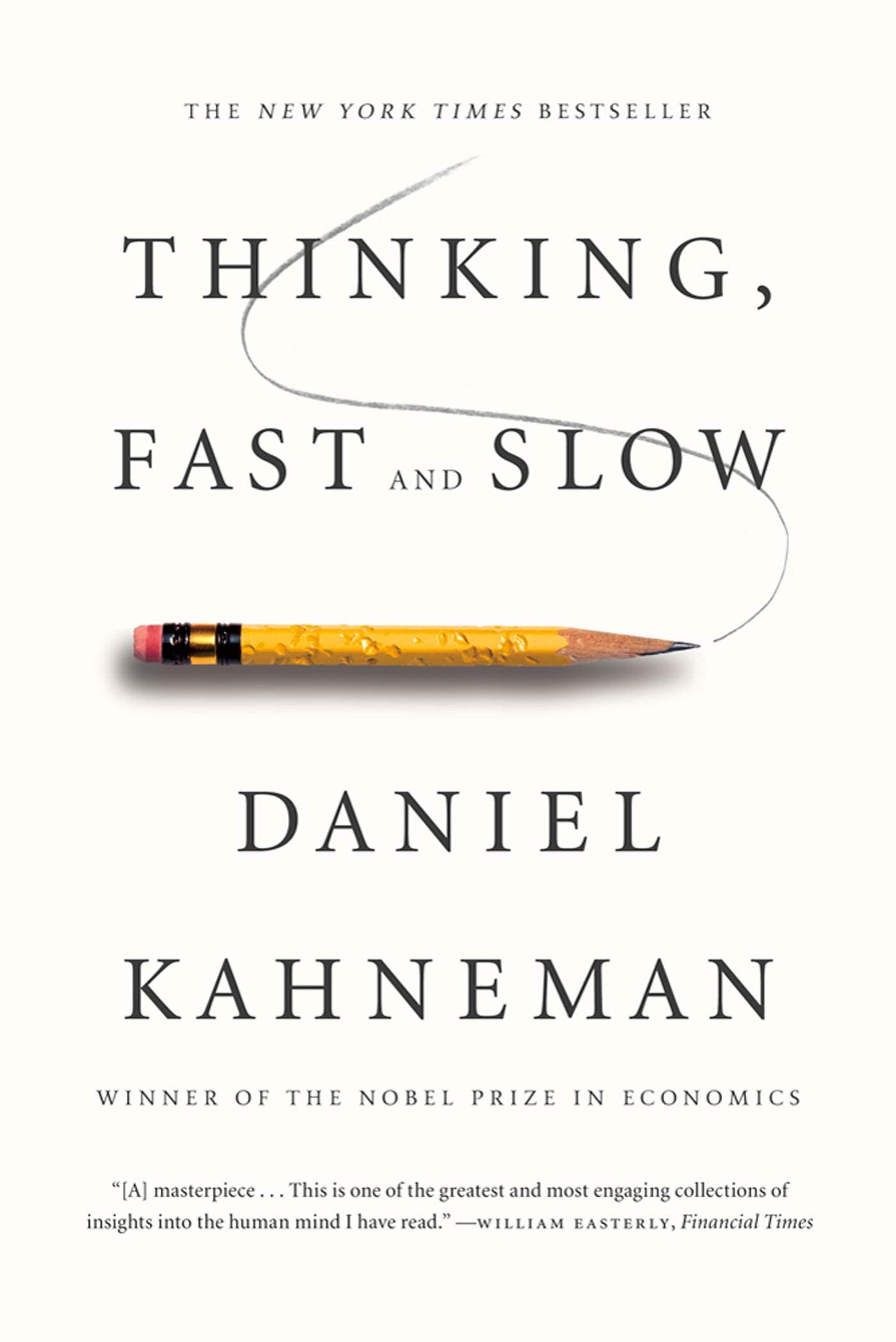
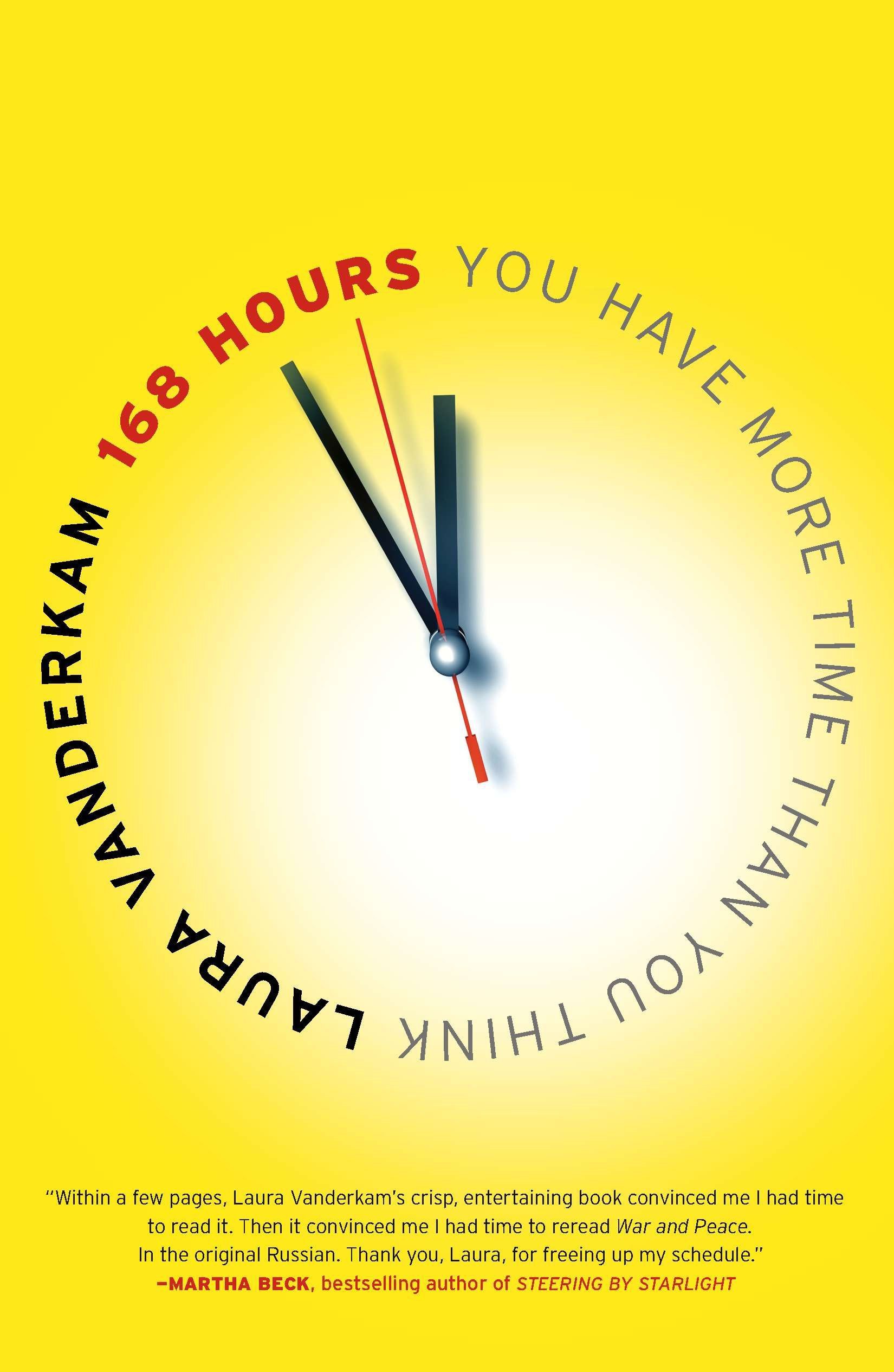
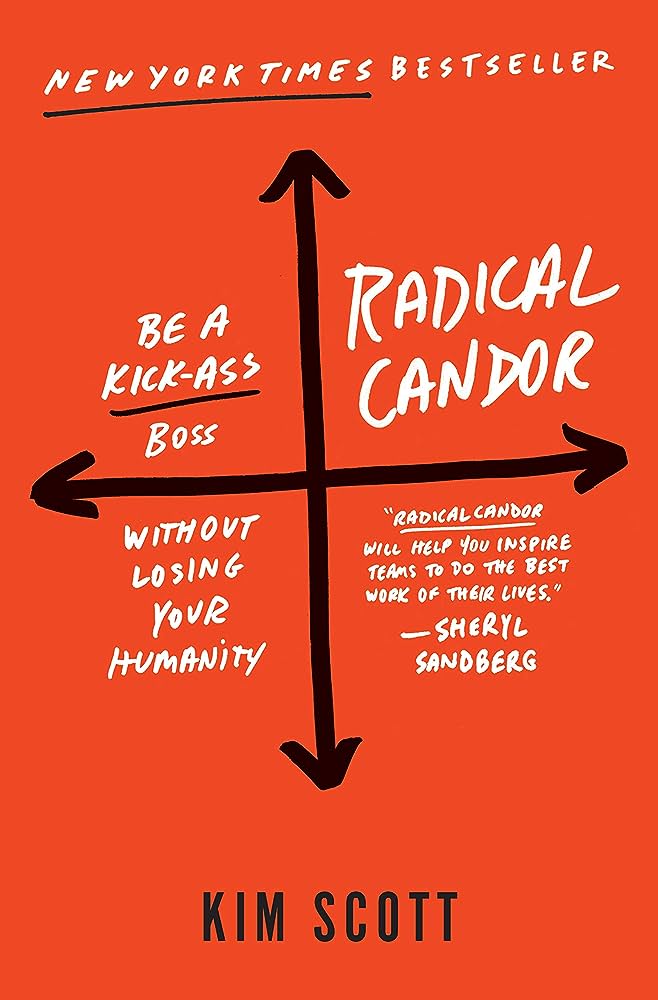
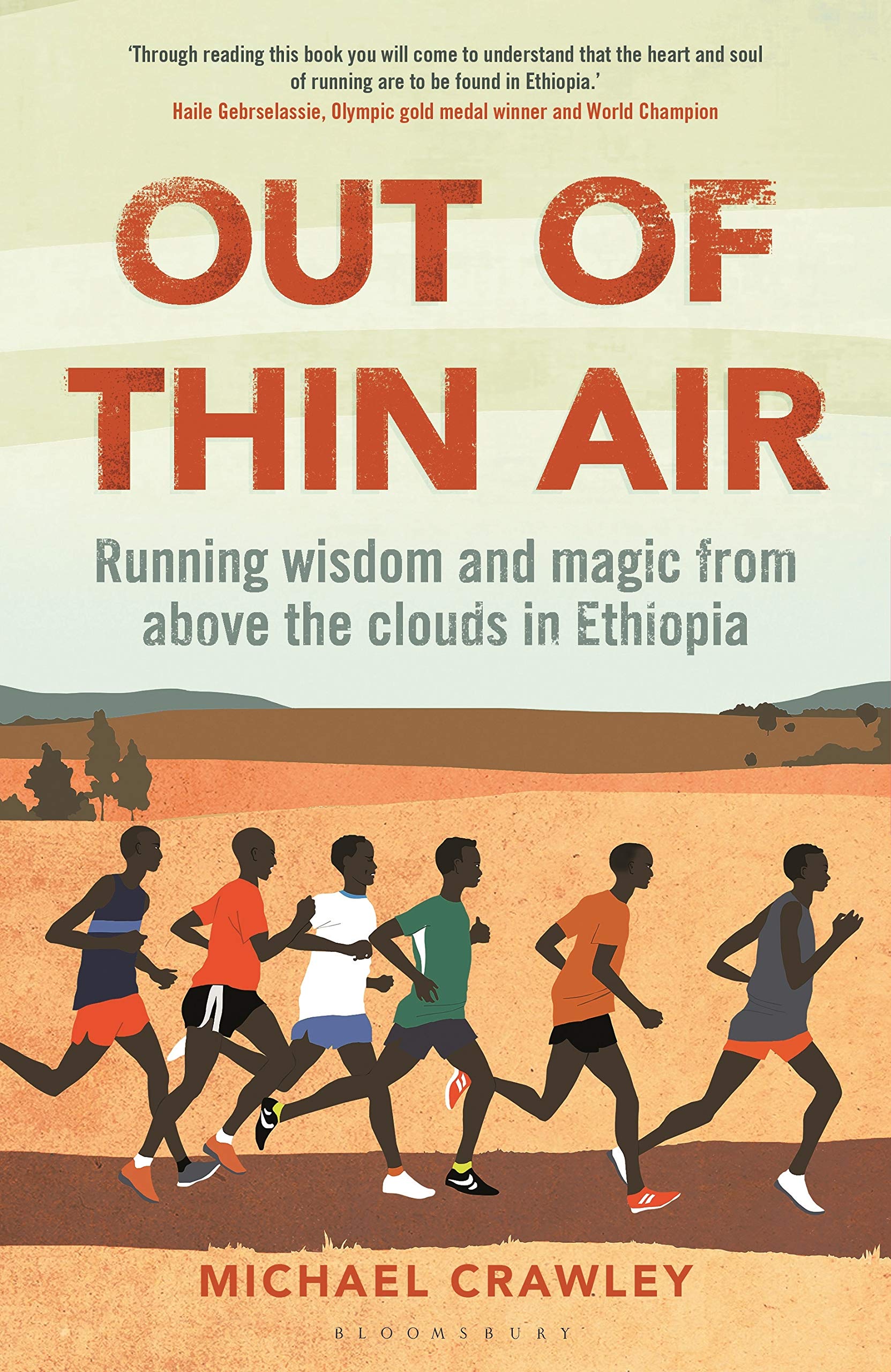
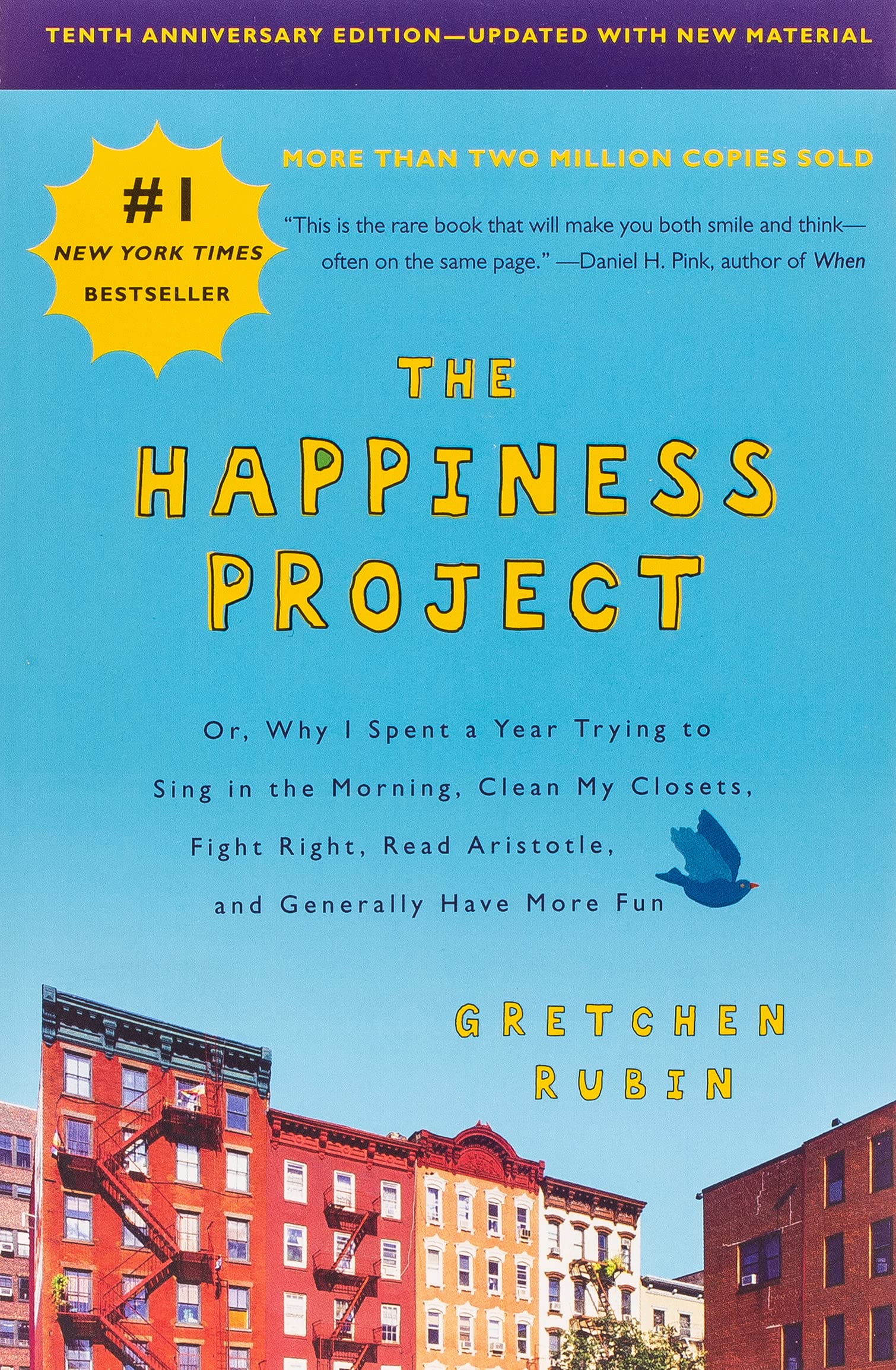
One thought on “Thinking, fast and slow by Daniel Kahneman”
Comments are closed.